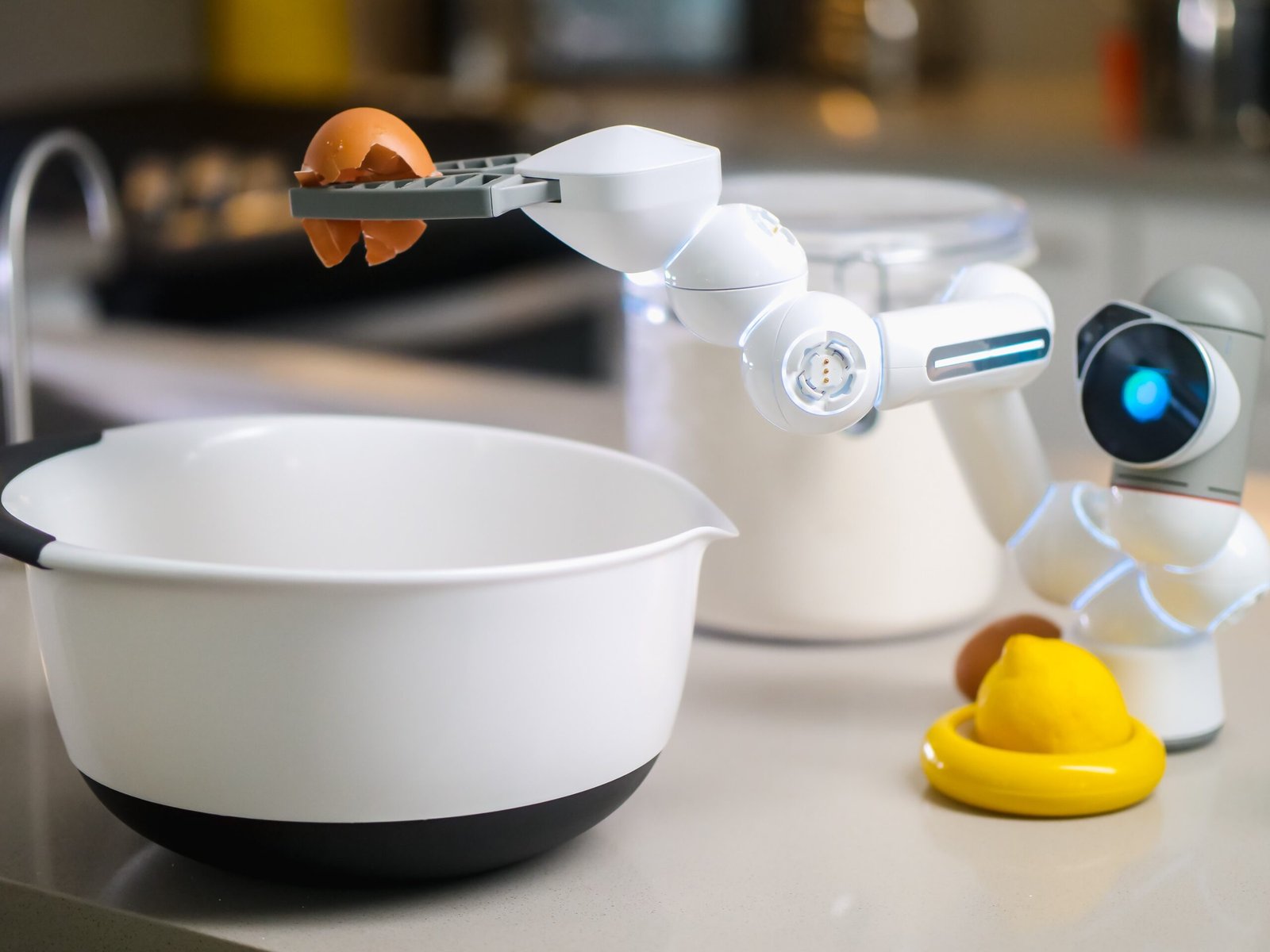
Artificial intelligence (AI) has become increasingly prevalent in our daily lives, from powering virtual assistants to predicting weather patterns. One area where AI is starting to make a significant impact is in personalized meal planning, where it can help people create customized menus that are tailored to their specific health needs and taste preferences.
The typical meal planning process often involves choosing recipes based on personal taste preferences or dietary restrictions, then creating a shopping list and preparing the ingredients. However, this process can be time-consuming and overwhelming, particularly for individuals who have limited knowledge of cooking or nutrition.
AI-powered meal planning tools aim to simplify this process by using machine learning algorithms to analyze data such as individual food preferences, dietary restrictions, and nutritional requirements. This data is then used to generate customized menus that meet the user’s unique needs and tastes.
One popular example of an AI-powered meal planning tool is PlateJoy, which uses machine learning algorithms to generate personalized meal plans based on the user’s goals, such as weight loss or muscle gain, and their dietary preferences. PlateJoy provides users with a weekly menu and grocery list, making it easy to plan and prepare healthy meals at home.
Another example is Nutrino, which uses AI to personalize meal recommendations based on the user’s medical history, lifestyle, and dietary goals. Nutrino also integrates with wearable devices such as Fitbit and Apple Watch, tracking the user’s nutrition and providing feedback on how they are meeting their goals.
There are also several other companies exploring the potential of AI-powered meal planning, including Foodvisor and Spoon Guru. These tools can help individuals take control of their own health and nutrition, while also reducing food waste and saving time and money.
As AI continues to evolve, it is likely that we will see even more innovative and sophisticated meal planning tools that can create even more personalized and customized menus. However, it is important to ensure that these tools are developed in an ethical and responsible manner, taking into account issues such as data privacy and transparency.

